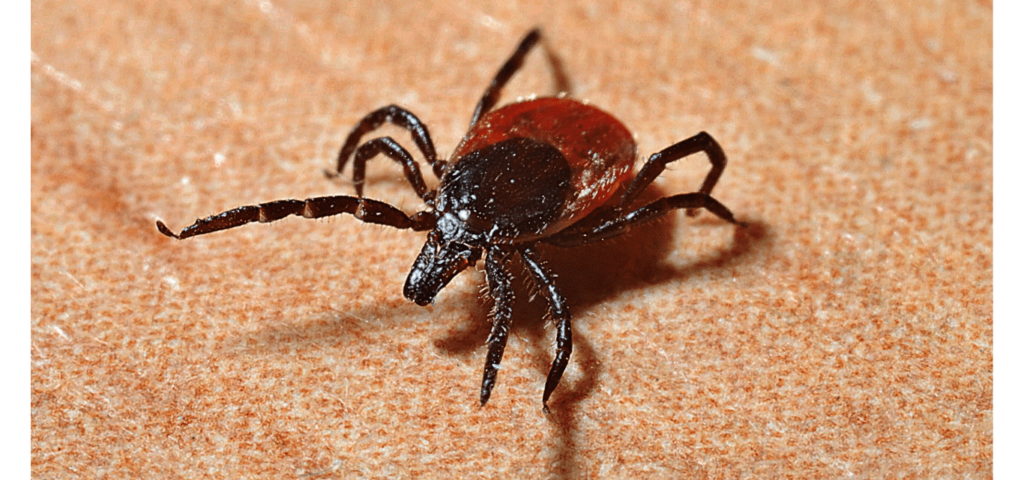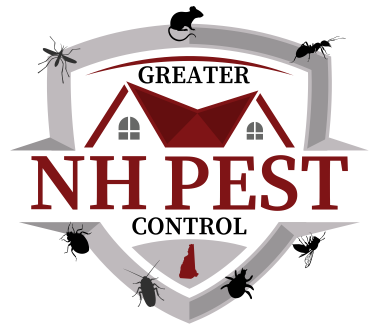About Tick Control
Overview of Tick Control
Ticks are a significant concern in New Hampshire due to their potential to transmit diseases like Lyme disease. These tiny arachnids are commonly found in wooded and grassy areas, making homes and businesses near these environments susceptible to infestations. Ticks prefer moist and shaded locations, such as tall grasses, leaf litter, and shrubby areas, where they can latch onto passing hosts like humans and pets. Once indoors, ticks may find hiding spots in areas with limited human activity, such as basements and crawl spaces.
To mitigate the risk of ticks in homes and businesses in New Hampshire, it’s crucial to implement preventative measures. Keep lawns well-maintained by regularly mowing grass and trimming vegetation. Create a barrier between wooded areas and living spaces by using gravel or wood chips. Additionally, individuals should wear protective clothing and use tick repellents when spending time in tick-prone environments. Professional pest control services can also provide targeted treatments to control tick populations and offer guidance on preventive strategies tailored to the specific conditions of New Hampshire, creating a safer environment for residents and businesses alike.



RESIDENTIAL OR COMMERCIAL: WE HAVE YOU COVERED!
Our Tick Control Program
Tick Program
For Residential & Commercial- Services are typically from May-Sept, with a treatment approximately every 30 days.
- We will treat the property line, trees and shrubs in the yard.
- We use EPA Registered products.
- Ticks like to stay low to the ground, so they can attach themselves to a host walking by.
- We spray from 4 feet and down on trees and shrubs for best results.
- We will educate the customer on how to help reduce the tick population on their property.
5 Things That Attract Ticks
Avoid and Monitor These Things To Help Prevent Ticks In Your Home & Business

Tall Grass & Vegetation
Ticks are drawn to tall grass and overgrown vegetation, ideal hiding spots for latching onto passing hosts.

Wooded & Shaded Areas
Ticks thrive in wooded and shaded environments, finding shelter in leaf litter, shrubs, and trees.

Moist Conditions
Ticks are attracted to moist and humid environments, such as damp leaf litter and shaded areas.

Wild Life Presence
Abundant wildlife, like deer and rodents, attracts ticks, serving as hosts for feeding and reproduction.

Pet Presence
Pets can bring ticks indoors, as these pests often latch onto animals and can then infest the home environment.
Entry Methods: Ticks
Where are common locations for entry?
- Overgrown Vegetation
- Door - Through People & Pets



STEPS TO HELP YOU CONTROL Ticks
Effectively controlling ticks in New Hampshire involves a combination of landscaping practices and personal protection measures.
- Keep lawns well-manicured by regularly mowing grass and trimming vegetation to reduce tick-friendly habitats.
- Create a barrier between wooded areas and living spaces using gravel or wood chips.
- When spending time outdoors, wear long sleeves, pants, and use tick repellents on exposed skin and clothing.
- Conduct thorough tick checks on yourself, family members, and pets after spending time in areas where ticks may be present.
- For additional protection, consider implementing our professional pest control services that can provide targeted treatments to control tick populations and offer ongoing monitoring and advice on preventive strategies.
Combining these steps helps minimize the risk of tick-borne diseases and ensures a safer outdoor experience at your home, camp or business.

Inspect:
When seeing pests, find out where they are getting in or give us a call!

Protect:
Fixing entry method points so pests can no longer have access into your home or business.

Maintain:
By always being proactive of what attracts pests and keeping a clean environment.
Common Tick Control FAQs
Below are common Tick Control FAQs, if you have any other questions please do not hesitate to reach out.
The most effective methods for tick control include maintaining well-groomed yards, reducing tick habitat by removing leaf litter and tall grass, utilizing tick repellents on clothing and skin, and partnering with professional tick control services that understand the specific tick species prevalent in our region.
To protect your yard and family from ticks, it’s crucial to implement landscaping practices that discourage tick habitat. This includes regular lawn maintenance, creating a buffer zone between wooded areas and living spaces, and considering tick control products or treatments suitable for our local environment.
Yes, several natural methods tailored to NH can help control ticks. These include planting tick-repellent plants like garlic, sage, and oregano, using cedar mulch in landscaping, and encouraging the presence of tick predators such as wild turkeys or opossums.
When selecting a professional tick control service in NH, look for companies with experience in dealing with the tick species commonly found in our region. Choose providers offering thorough tick inspections, targeted treatments tailored to your property’s needs, and eco-friendly options for tick management.
The duration of tick control treatment can vary depending on factors like weather patterns and the severity of the tick population. Generally, professional treatments can provide protection for several weeks to a few months. However, consistent monitoring and follow-up treatments may be necessary, especially during peak tick season.
